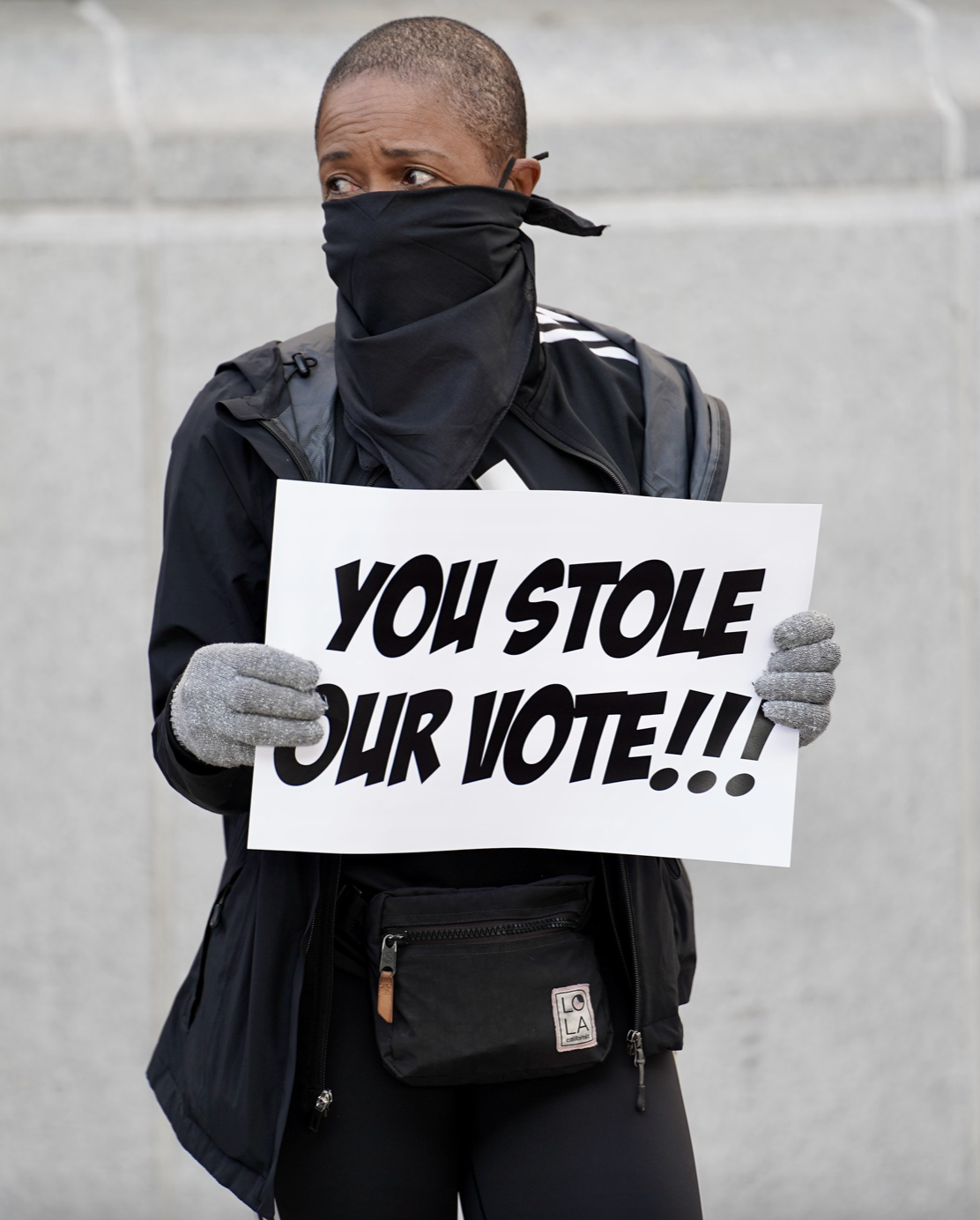Where We Stand Update

The City Council action to suspend Councilmember Mark Ridley-Thomas and the subsequent legal proceedings continue to disenfranchise CD10 constituents. The suspension was unnecessarily punitive. The suspension process denied a duly elected member of the Council the presumption of innocence as well as his pay and benefits. It was an unjust exercise in the arbitrary use of discretionary power that violated fundamental norms of fairness and due process. The subsequent appointment process of his “temporary” replacement lacked transparency, compromised the interim representative’s accountability to CD10 constituents and further nullified their votes. Short of a new election, accountable representation in CD10 can best be achieved through a transparent, constituent-driven, deliberative process of the City Council in which reinstatement of Councilmember Ridley-Thomas, restoration of his pay and Charter reform are part of any discussion of his replacement by a non-voting Caretaker or “temporary” voting Council appointment.
The California Attorney General has enabled CD10 constituents to challenge in court the City Council’s failure to comply with the City Charter’s voter-enacted provisions regarding term limits. Expedited court review to resolve the eligibility question that compromises the “temporary” representative’s effectiveness is necessary. The City Council must stand by lawful votes of the people and adhere to the rule of law. The City Council must consistently abide by the Charter. It cannot pick and choose which provisions to honor, exercise or enforce. To do otherwise is to further erode its reputation and the public trust as well as to violate the voting rights of CD10 constituents and others.

We are dismayed by the lack of transparency and accountability to CD10 constituents and City voters. A more inclusive, transparent and community-driven “temporary appointment” selection process would have broadly solicited input from all stakeholders, including the presumptively innocent “suspended” incumbent councilmember. The “temporary” appointee’s willingness and ability to implement the incumbent’s vision should have been a priority of the Council, particularly if the “temporary” appointment they imposed on CD10 were genuinely based on the presumption of innocence.
CD10 overwhelmingly supported its duly elected representative consistent with the vision of the district he articulated in a months-long campaign. As a “temporary” appointee of the City Council whose eligibility to serve is still unresolved, the CD10 interim representative is making homelessness prevention, economic development, arts and culture, competitive contracting, land use, public safety, community engagement, democratic participation, budget and service decisions for the district, including personnel, that will last beyond the tenure of his “temporary” appointment.
The big question we must ask is, “How starkly do the ‘temporary’ appointee’s views differ from the elected Councilmember’s on such key issues?” “Does the ‘temporary’ appointee share the quality of life vision for CD10 embraced by the voters in November 2020?”
Accountable representation requires that we know. Perhaps had there been an open community selection process, we would.

